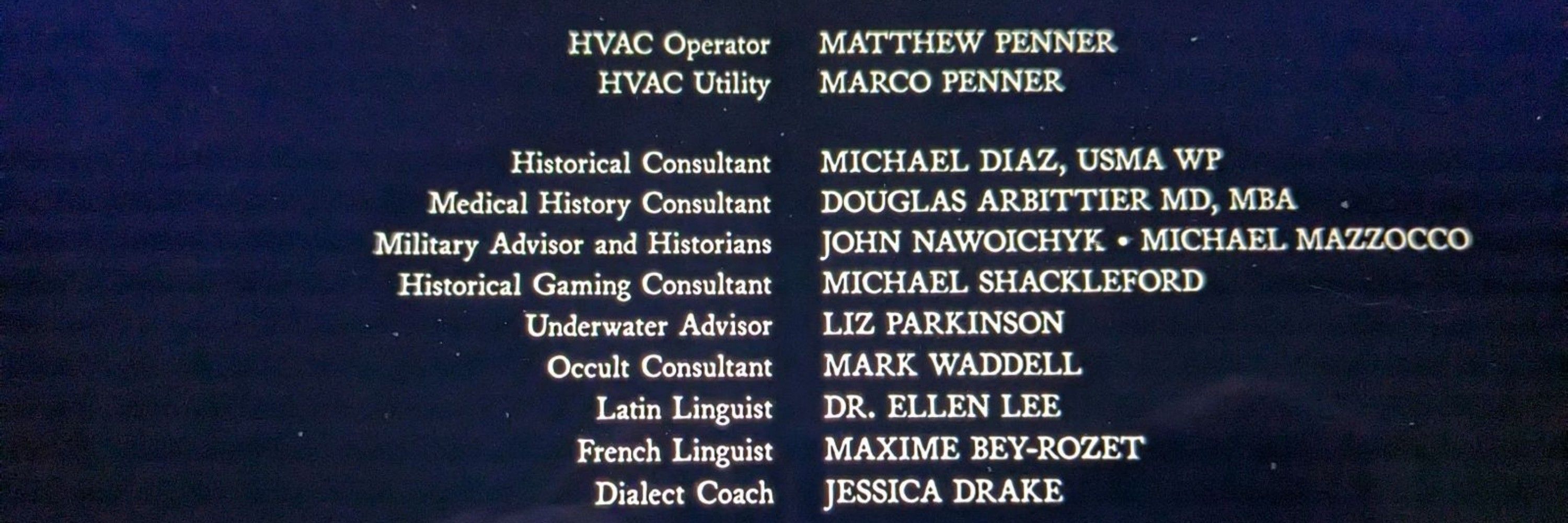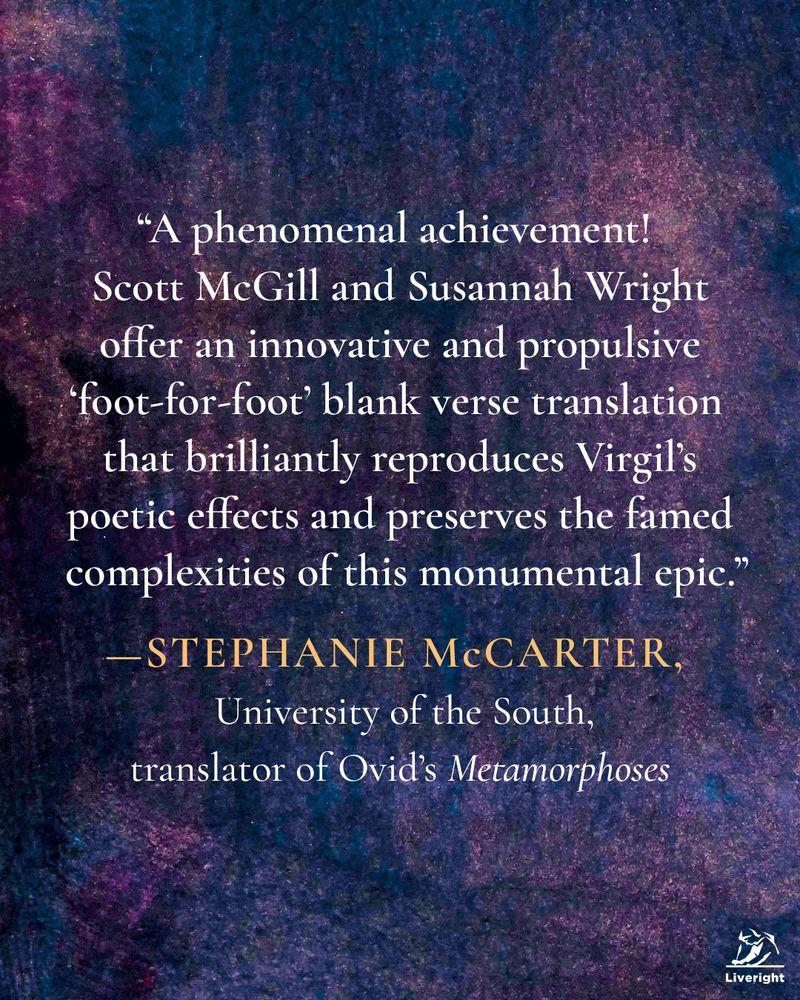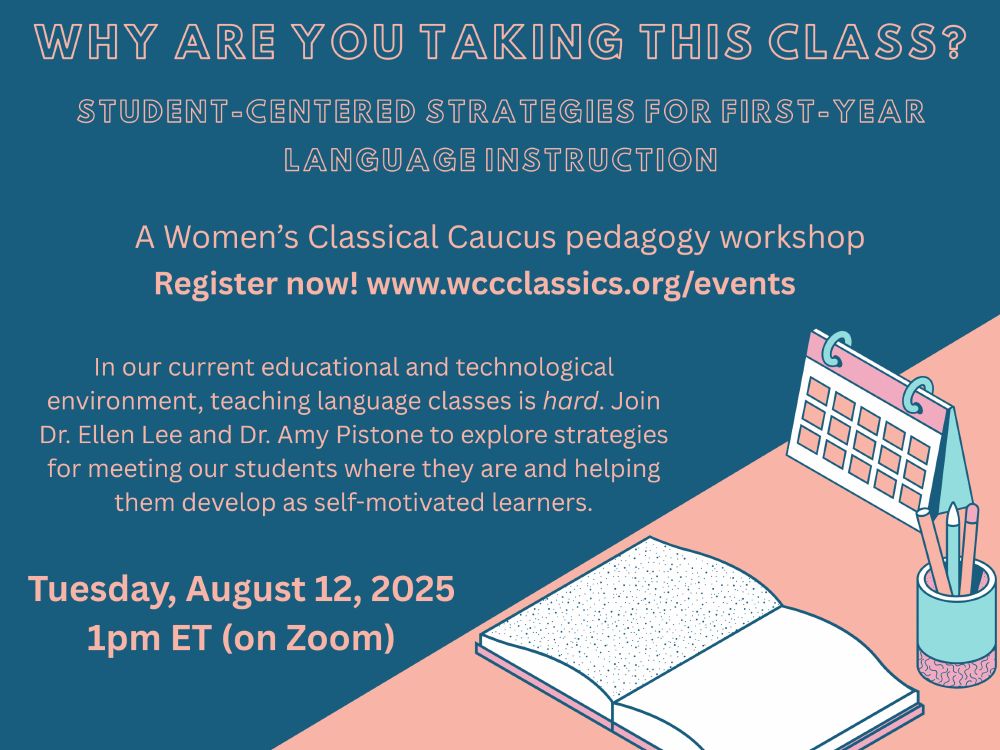Dr. Ellen Lee
@ellenleephd.bsky.social
800 followers
320 following
170 posts
Feminist, queer, & cognitive approaches to ancient lit + equity pedagogy in language classrooms. UMich PhD, UTexas BA. USW Steelworker. (she/ista) FirstGen
Posts
Media
Videos
Starter Packs
Pinned
Dr. Ellen Lee
@ellenleephd.bsky.social
· Aug 15
Reposted by Dr. Ellen Lee
Reposted by Dr. Ellen Lee
Reposted by Dr. Ellen Lee
Dr. Ellen Lee
@ellenleephd.bsky.social
· Aug 30
Reposted by Dr. Ellen Lee
Dr. Ellen Lee
@ellenleephd.bsky.social
· Aug 20
Dr. Ellen Lee
@ellenleephd.bsky.social
· Aug 20
Reposted by Dr. Ellen Lee
Dr. Ellen Lee
@ellenleephd.bsky.social
· Aug 12
Dr. Ellen Lee
@ellenleephd.bsky.social
· Aug 11



















